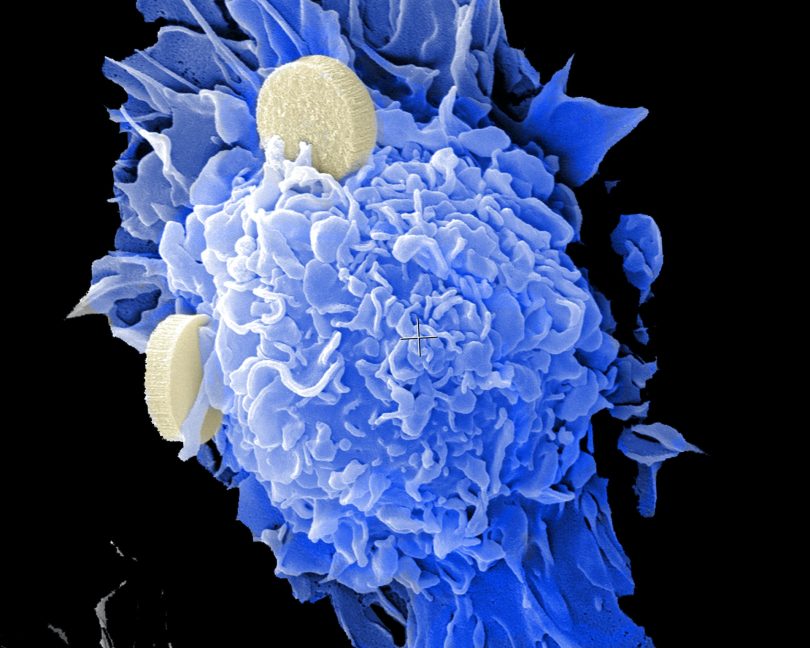“We are proud to be named a VHL Clinical Care Center by the VHL Alliance,” said Dr. John W. Henson IV, who serves as the center’s director. “We are excited about offering life changing opportunities of a newly-approved treatment for patients with VHL.”
A rare hereditary condition, VHL Disease causes tumors that can appear in up to ten areas in the body. While all people are born with two copies of the VHL gene, one altered copy can be inherited and lead to the growth of cysts and tumors. The disease appears differently in each person — tumors can grow unpredictably over time and cause life-changing problems due to location and size. The cerebellum and spinal cord are frequently affected, and though most tumors are noncancerous, patients with VHL have a high risk of developing neurological problems and kidney cancer as well as tumors of the adrenal gland and pancreas.
“VHL can affect a number of different organ systems in the body,” Henson said. “And therefore, we assembled a team of a dozen experts who specialize in those areas of the body and can step in with opportunities for care as part of the overall treatment process. The team includes neuro-oncologists, medical oncologists, surgeons, ophthalmologists, radiation oncologists, pathologists, nurses, and support staff at our Cancer Center, and Augusta University Medical Center.”
According to statistics from the VHL Alliance, the average age someone begins experiencing symptoms is 23 years old. There can be screening exams for new tumors, as well as active surveillance protocols to monitor the growth of tumors found through screening. Depending on the size, location, and affects the tumor is having on a person’s bodily functions, doctors can recommend how quickly treatment should begin.
“We are honored to partner with the Georgia Cancer Center at the Medical College of Georgia at Augusta University in providing the first VHL Clinical Care Center for patients and families in the State of Georgia. Georgia Cancer Center’s reputation for excellence and dedication to providing innovative, coordinated, and expert care make them an invaluable resource for the VHL community living in the Peach State and beyond,” says Chandra Clark, MEd, VHLA Executive Director. “We look forward to the life-changing impact that this collaboration will make in the lives of patients and families affected by VHL.”
To learn more or to contact the VHL Clinical Care Center for more information or referrals:
- Website
- Telephone: 706-840-6133′
- Fax: 706-721-0360


